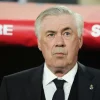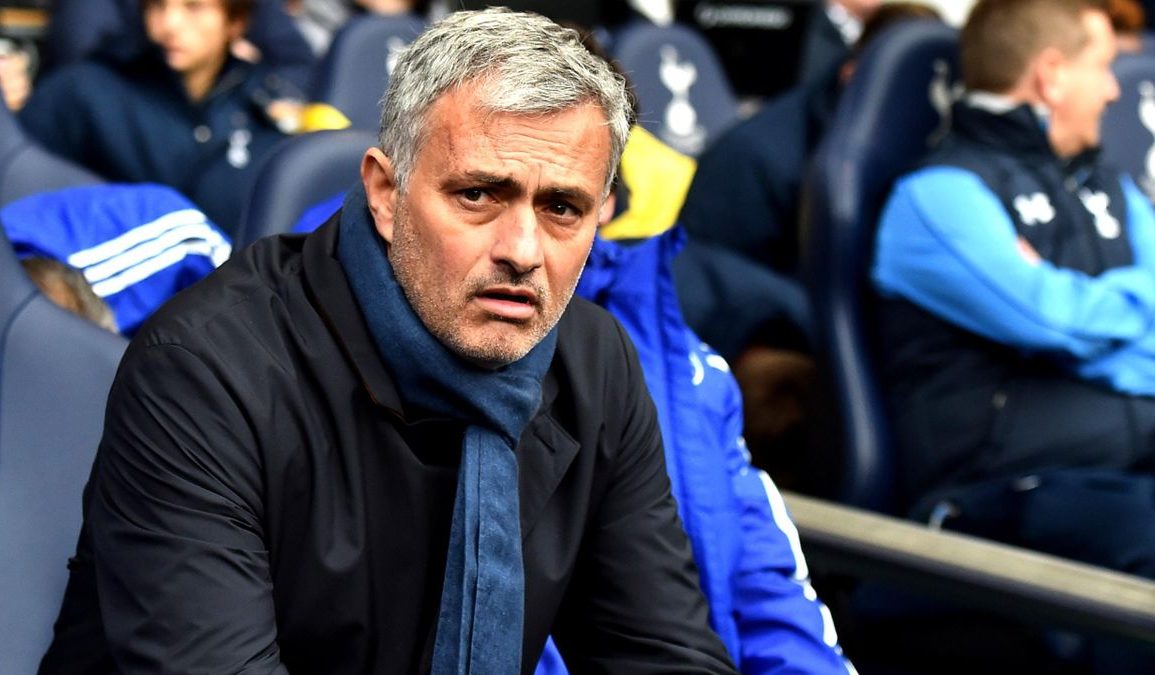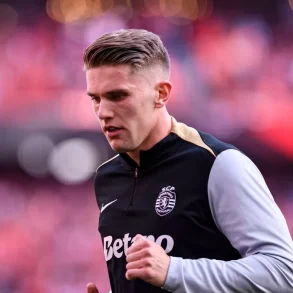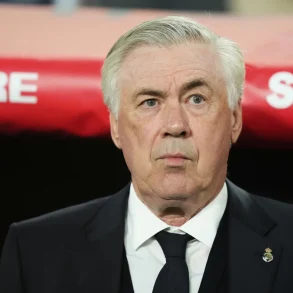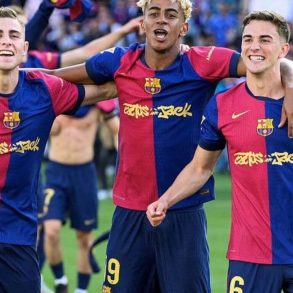Jose Mourinho’s appointment as Chelsea manager in 2004 followed his remarkable Champions League triumph with Porto. His arrival was dramatic, with the Portuguese coach boldly declaring himself “The Special One” during his first press conference.
Chelsea had finished second under Claudio Ranieri the previous season, but owner Roman Abramovich sought a manager who could transform the club into champions. Mourinho’s confidence, tactical intelligence, and ability to handle the pressure immediately caught the attention of the English football world.
Chelsea had already been a competitive side, but Mourinho refined the squad with key signings. Players like Petr Cech, Didier Drogba, Ricardo Carvalho, and Arjen Robben were added to complement the talents of Frank Lampard, Claude Makelele, and John Terry.
These additions proved crucial in Chelsea’s dominance, as they lost just one league game and conceded only 15 goals throughout the season—an incredible defensive achievement. The blend of tactical discipline and star quality made them a formidable force.
Jose Mourinho’s Tactical Adaptation, Fiery Leadership, and Intense Premier League Rivalries
Initially, Mourinho experimented with a 4-4-2 diamond formation, similar to what had worked for him at Porto. However, he quickly adapted when Chelsea struggled to create enough chances.
He made use of Makelele’s defensive abilities by implementing the “open diamond,” which allowed wingers Damien Duff and Arjen Robben to cut inside while giving more attacking freedom to players like Eidur Gudjohnsen and Didier Drogba. The tactical shift proved highly effective, as Chelsea went on an incredible run, dropping just 10 points after their sole league defeat in October.
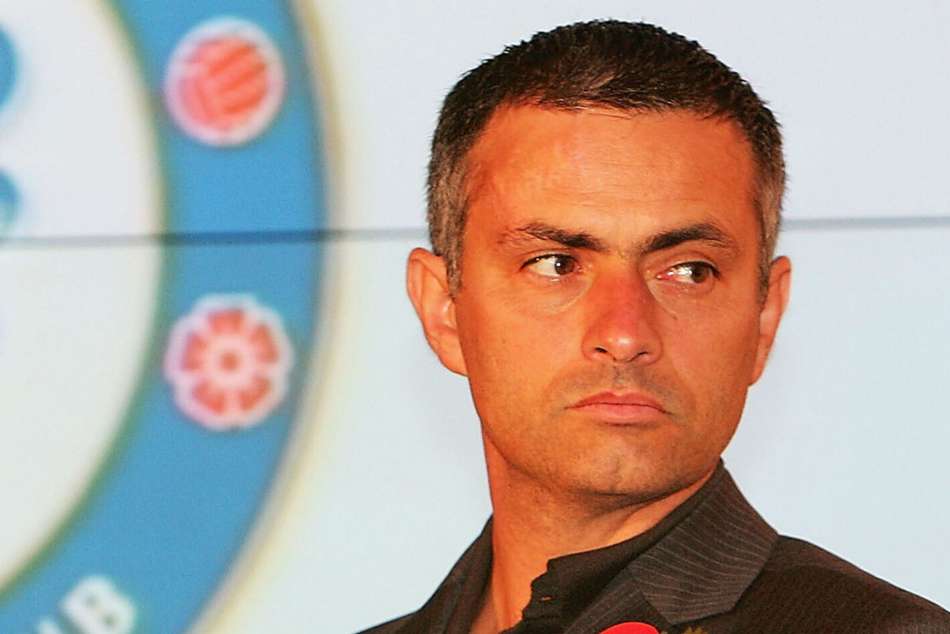
Mourinho’s leadership was a blend of psychological manipulation and fiery passion. He was known for his intense half-time team talks, famously throwing bottles and kicking objects in frustration during a match against Arsenal. His players responded to his methods, and his belief in their ability to win the title early was validated when they secured the championship with three games remaining. His motivational tactics, combined with his tactical expertise, made Chelsea a mentally strong and resilient team.
Mourinho’s outspoken nature added an extra layer of drama to the Premier League. He famously coined the term “parking the bus” after Tottenham defended deep against his Chelsea side.
His rivalry with Arsène Wenger and Sir Alex Ferguson intensified as they engaged in verbal battles over Chelsea’s dominance. Wenger questioned Chelsea’s ability to maintain their lead, while Ferguson suggested their northern away fixtures would be a true test. Mourinho, however, thrived in these mind games, using them to fuel his squad’s determination.
Dominance Through Defense and Attack
Despite accusations that Mourinho’s Chelsea played overly defensive football, statistics tell a different story. Chelsea’s 2004-05 team set records for most wins, most away wins, most points, most clean sheets, and the fewest goals conceded in a Premier League season.
The squad’s balance between defensive stability and attacking firepower made them one of the most complete teams in English football history. With players like Drogba, Lampard, Robben, and Duff, Chelsea could both dominate possession and counterattack with devastating speed.
Chelsea retained their title in 2005-06, reinforcing Mourinho’s impact on English football. However, his first stint at the club ended abruptly in September 2007. He later returned to win another Premier League title in 2014-15. Mourinho’s legacy at Chelsea remains unparalleled, as he laid the foundation for their dominance in the modern era. With his managerial journey taking him to clubs like Inter Milan, Real Madrid, and Tottenham, the question remains—can he recreate his Chelsea magic elsewhere?


